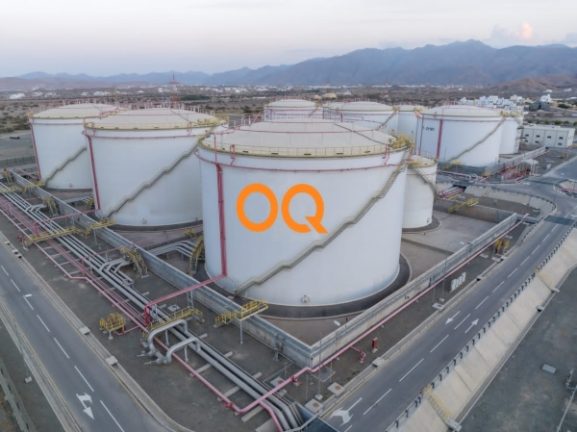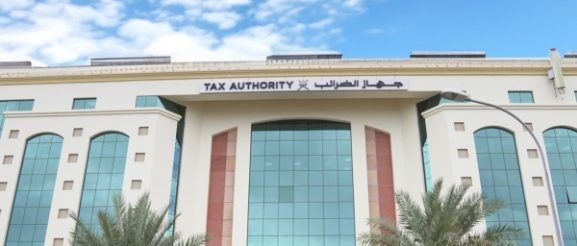Impending Tariffs on Brazilian Coffee: What This Means for Omani Consumers and Businesses
Coffee Prices May Surge Due to Upcoming Tariffs on Brazilian Imports
A daily caffeine fix could soon become more costly as President Donald Trump plans to implement a 50% tariff on all imports from Brazil beginning next month. This measure is expected to increase coffee prices, whether purchased at cafés or brewed at home.
The coffee industry is already experiencing heightened pressures, as global prices have reached record levels this year. Drought conditions in Brazil and Vietnam, two of the largest coffee exporters to the United States, have led to reduced harvests, exacerbating the situation.
As of late May, consumers were already facing higher costs at the grocery store, with the average price for one pound of ground roast coffee in the U.S. at $7.93, up from $5.99 the previous year, according to the U.S. Bureau of Labor Statistics.
Trump’s decision to impose tariffs is partly in response to what he describes as a "witch hunt" against former Brazilian President Jair Bolsonaro, who is currently facing trial for alleged coup attempts.
Over 99% of the coffee consumed in the United States is imported from South America, Africa, and Asia. Last year, the U.S. imported 1.6 million metric tons of both roasted and unroasted coffee, with Brazil supplying over 8.1 million bags of coffee, each weighing 60 kilograms. Coffee analyst Guilherme Morya from Rabobank in São Paulo warns that any sudden changes could create a "lose-lose situation."
Suppliers in Brazil are currently awaiting negotiations that could prevent the need to seek buyers in alternative markets. If the new tariffs are enacted, Morya predicts a significant reshaping of global coffee supply chains, particularly from Brazil to other regions.
Should wholesale coffee costs rise by 50%, it may result in an increase of 25 cents per cup within three months, according to Ryan Cummings, chief of staff at the Stanford Institute for Economic Policy Research. He notes that consumers can expect to see higher prices in stores approximately three months after the tariffs take effect.
Larger coffee buyers, such as Starbucks, often source their beans from various global suppliers and secure contracts well in advance, thus insulating themselves against immediate price hikes. However, analysts caution that there could still be a scramble to adjust supply chains to avoid tariffs.
Cummings points out that this tactic of imposing tariffs creates considerable uncertainty for coffee manufacturers. Meanwhile, transitioning to other suppliers, such as Vietnam—which has seen a decline in coffee production—comes with its own challenges. The quality of coffee could also be affected, as Brazil primarily produces arabica beans, perceived as higher quality than the more bitter robusta beans mostly cultivated in Vietnam.
Economist David Gantz of Rice University’s Baker Institute for Public Policy notes that some Brazilian coffee exports may cease entirely, while others will continue, inevitably leading to higher consumer prices.
Coffee must be grown in specific conditions, ideally at high altitudes with a tropical climate and abundant rainfall. In the U.S., coffee cultivation is largely limited to Hawaii and Puerto Rico. Last year, the U.S. produced a mere 11,462 metric tons of coffee, predominantly from Hawaii, where prices are significantly higher due to elevated production costs.
Some consumers, particularly those who view coffee as an essential part of their daily routine, may simply absorb the higher prices. In contrast, others might opt for less expensive coffee alternatives or switch to different sources of caffeine, such as tea or energy drinks.
Rising prices are already prompting customer dissatisfaction, as seen with Starbucks’ recent implementation of an 80-cent surcharge for flavored syrups, which has led some customers to reconsider their orders.
This tariff decision could have broader implications beyond coffee, as Brazil also supplies approximately 90% of the fresh orange juice and 55% of the frozen orange juice imported into the United States. With Florida facing challenges due to a citrus disease, it is unlikely that domestic production can compensate for any shortfalls.
As Gantz observes, the potential impact on orange juice consumers could be significant, with Florida unable to meet increased demand.
This report originally appeared in The New York Times.
Special Analysis by Omanet | Navigate Oman’s Market
The proposed 50% tariff on Brazilian coffee imports could signal rising costs for consumers in Oman, particularly affecting coffee-priced goods and local cafes reliant on imports. This presents a critical opportunity for businesses to diversify their supply chains, considering alternatives like Vietnamese coffee, while also presenting a risk of quality discrepancies. Smart investors should evaluate the potential shifts in consumer behavior towards coffee alternatives, assessing how these changes might impact their market strategies.


